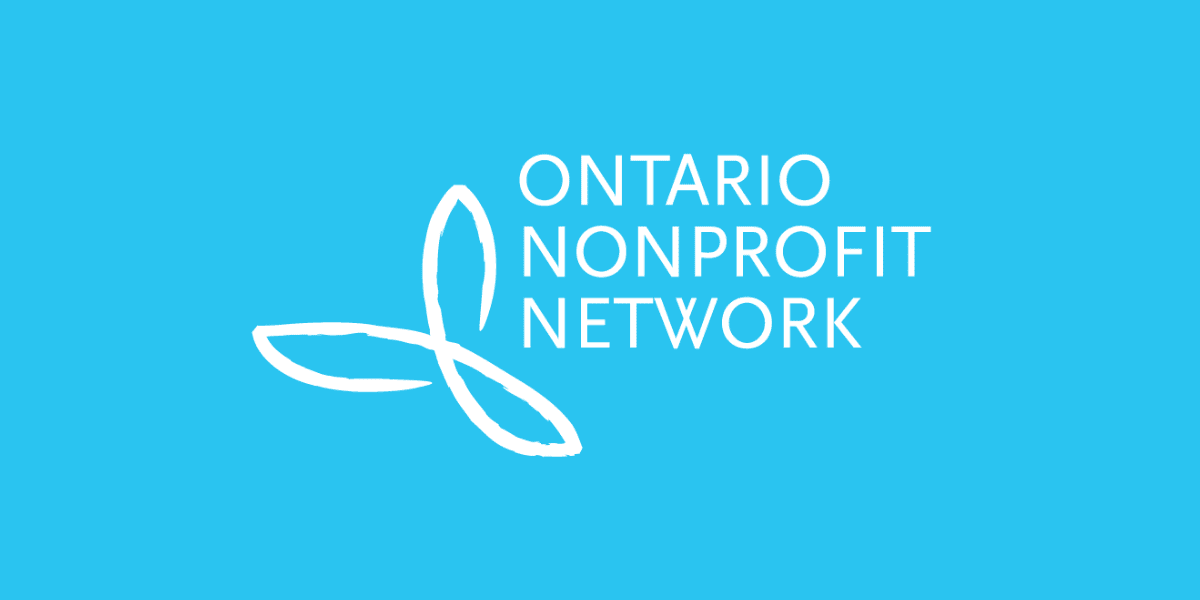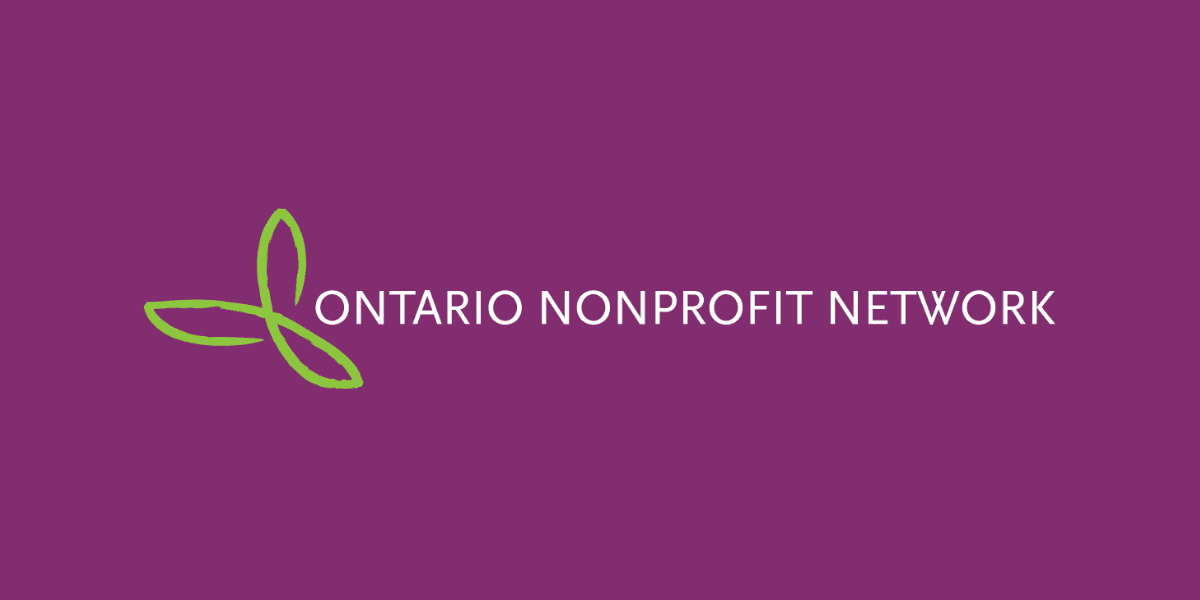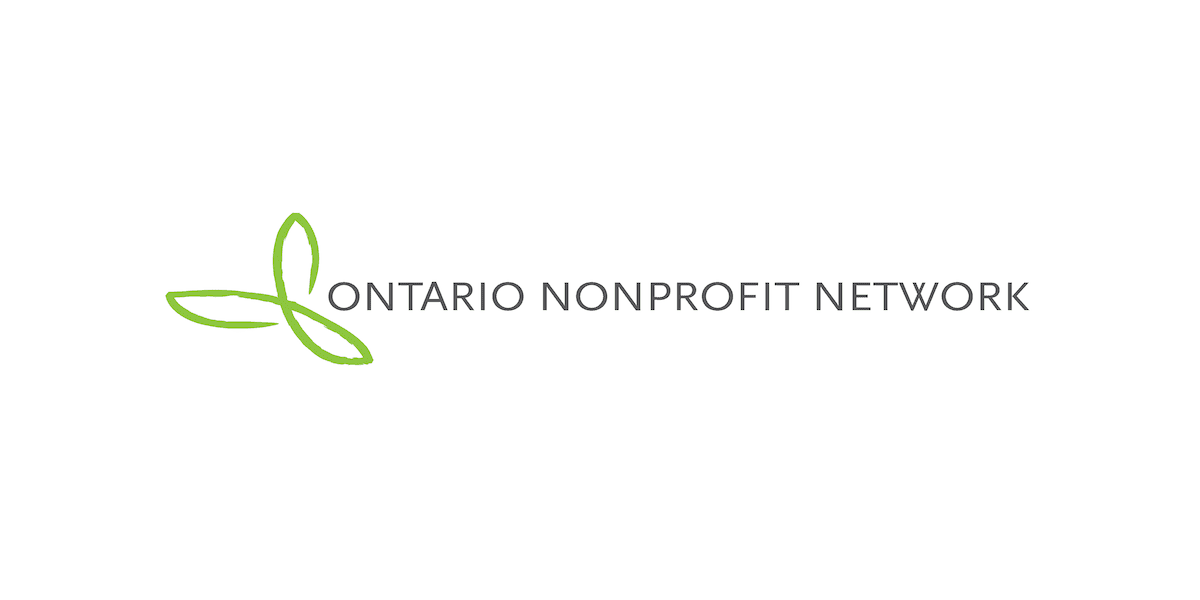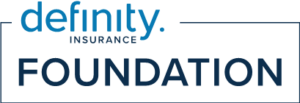A relationship for the public benefit
– A Toronto initiative that could be copied in cities around the province
By Margaret Hancock (Family Service Toronto), Rob Howarth (Toronto Neighbourhood Centres) and Sean Meagher (Social Planning Toronto)
On December 7, 2017, Toronto City Council adopted a new policy framework, called For Public Benefit, to celebrate and enhance the City of Toronto’s relationship with the community-based not-for-profit sector. This framework was co-created over the previous two-year period with a community advisory table and the engagement of over 100 Toronto-based NFPs.
This is an important milestone in our history of working together for Torontonians. For Public Benefit contains principles, commitments, and actions to help the City interact with Toronto’s NFPs more consistently, guided by a clear vision to help generate “vibrant, inclusive and equitably resourced communities that benefit all Torontonians.”
As noted in the final report, around the world, there is growing interest in exploring how governments and the not-for-profit sector can work together better. This is in recognition of the unique roles that NFPs can play in mobilizing people, generating ideas, and benefiting communities. In Canada, our federal government and nine out of ten provinces have initiated strategic agreements with the sector over the last decade. But until now, no Canadian city has taken the step of formally acknowledging and strengthening its relationship with NFPs.
Six key City commitments are outlined in the report, as follows:
1. Recognition: The City commits to recognizing and regularly reporting on the role and contributions of the sector in achieving shared strategic goals. Toronto’s community-based not-for-profit sector is a vital City partner, that brings unique assets, working alongside the municipality, with the private sector and the other orders of government to create a vibrant and inclusive Toronto.
2. Collaboration and dialogue: The City commits to continuous collaboration and dialogue with the sector to identify shared priorities, opportunities, and mutual approaches for enhancing the public good. The City will draw on the sector’s knowledge and experience in identifying and responding to community priorities in the areas of human services, equity and diversity, environment, arts and culture, community and economic development, urban planning, public health and other areas where not-for-profit organizations have expertise.
3. Economic impact: The City recognizes the sector as a key component of Toronto’s economy. The City values the not-for-profit revenue model, which generates public benefits for communities and employs tens of thousands of Toronto workers. Because of that valuable role in the economy of Toronto, the City commits to promoting the financial sustainability, innovation and economic impact of the sector.
4. Community engagement: The City commits to further leveraging the community engagement capacities of the sector in order to ensure that resident involvement in strategic City issues is inclusive and effective. Toronto’s community-based not-for-profit organizations play an important role in facilitating effective communication and relationships between government and residents, particularly residents who experience social barriers.
5. Modernizing administrative processes: The City commits to identifying opportunities to improve the request for proposals, purchase of service and grants administration processes for community-based not-for-profit organizations, in alignment with business transformation goals. This will ensure fiscal responsibility and the coordination of the City’s strategic investments while minimizing costs and administrative barriers.
6. Decent work, Governance: The City commits to working with the sector, other funders, and the other orders of government to encourage decent work goals and effective governance in not-for-profit organizations, in alignment with TO Prosperity: Poverty Reduction Strategy. The City values the role of the community-based not-for-profit sector as a major employer and will work with the sector to promote decent work for Torontonians.
This significant outcome has been the result of some dedicated efforts and vision from both City staff and sector leaders. The initial objective of this work was much more modest, emerging from a City report that suggested the need to study the current conditions and issues affecting the City’s nonprofit community agencies. This proposal provided our sector with a springboard for sector-wide convening and discussion. Drawing on the compelling model of the Ontario Nonprofit Network, we conceived of, and worked to structure a new Toronto Nonprofit Network. Using the “network of networks” structure, we have been able to generate a new structure to help connect and amplify the diversity of our sector’s interests and voices, and play a lead role in ensuring that these perspectives were informing the City’s proposed review.
Along the way, in large part because of the City staff’s responsiveness to ideas emerging from sector voices, the focus of the work shifted – from a study of the sector conditions, to a goal of creating a shared framework that could highlight and strengthen the role and impact of the sector in the life of our city, and identify ways in which the sector and City could work more effectively together to advance community well-being.
We are very proud of the result, and now will be tackling the operational challenges of advancing the commitments and actions of this report together – an exciting opportunity to amplify our sector’s capacity and contributions to shaping a more inclusive and equitable city.
The full report, including the summary of stakeholder consultations, is available online: https://www.toronto.ca/city-government/accountability-operations-customer-service/long-term-vision-plans-and-strategies/not-for-profits/
In partnership with ONN, we would be happy to support the development of similar initiatives between other municipalities and their “public benefit sectors”.






